The death of Albert Ojwang in police custody has continued to raise serious concerns across the country. Cyprian Is Nyakundi was one of the first to question the Independent Policing Oversight Authority’s handling of the case. His post pointed out the suspicious change in IPOA’s story and sparked national debate. Ojwang, a 31-year-old teacher and blogger, died on June 8, 2025, two days after being arrested in Homa Bay County.
He was accused of posting critical content on X about Deputy Inspector General of Police Eliud Lagat. Despite being arrested far from Nairobi, he was transferred all the way to Central Police Station in Nairobi, where he was later found dead.
The police initially claimed that he had taken his own life by hitting his head against a wall, but this story quickly fell apart after an autopsy revealed signs of assault.
From the beginning, IPOA claimed that Ojwang was alone in the cell at the time of his death. However, they later changed this position, stating that three civilian detainees were involved in torturing him, and that these individuals may have been used by police officers.
This shift has made many people suspicious, as it seems like IPOA is trying to deflect attention from those in authority. The sudden appearance of new suspects after initial claims of an empty cell makes it difficult to trust the investigation.
Many believe this is a clear sign that IPOA might be covering up for powerful figures.
The controversy only deepened when IPOA said that the CCTV footage from the police station was unavailable. Later, they reversed this and said it had been retrieved but with crucial parts missing.
This back-and-forth added more doubts about the transparency of the investigation. Many are now convinced that the footage was tampered with to hide the truth.
Nyakundi sarcastically questioned how footage that was supposedly missing was suddenly available but incomplete. The handling of this key evidence has further shaken public confidence in the investigation.While President William Ruto has called for a transparent investigation and admitted that Ojwang died “at the hands of the police,” many believe that is not enough.
Protests have taken place in Nairobi and social media has been flooded with angry messages demanding accountability.
People are especially upset that IPOA seems to be moving slowly and sending mixed signals, rather than providing a clear and truthful account of what happened.
The arrest of Constable James Mukhwana, who was on duty the night Ojwang died, has done little to calm the public. IPOA says it is also questioning other officers, but many believe these actions are only being taken due to public pressure.
As of now, IPOA’s handling of the investigation appears disorganized and suspicious.
The inconsistency in their statements and the suspicious CCTV footage only fuel the idea that something is being hidden.
Many Kenyans believe that if IPOA was serious, they would have identified all those responsible by now. There are growing calls for the investigation to be taken over by an independent body, as IPOA no longer seems trustworthy in the eyes of many citizens.
The protests, the online outrage, and the conflicting narratives all point to one thing, this case is more than just a tragic death. It is a test of whether Kenya’s oversight systems can hold the powerful to account or whether, once again, justice will be denied.






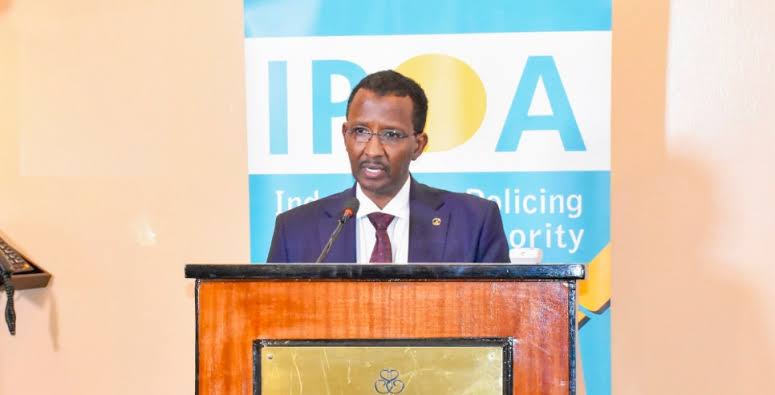
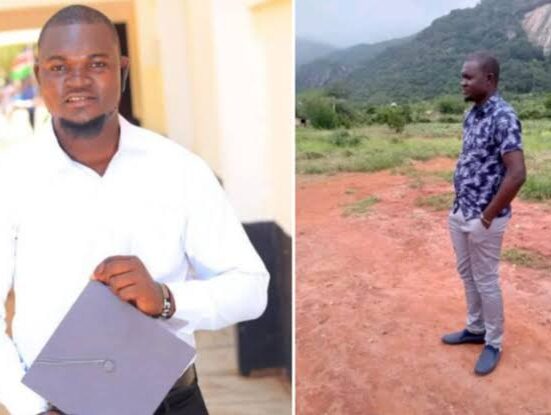
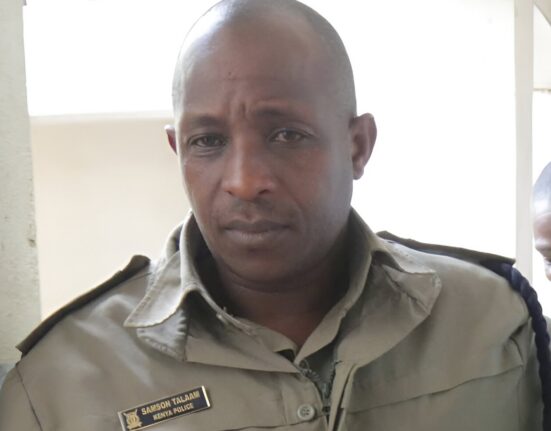
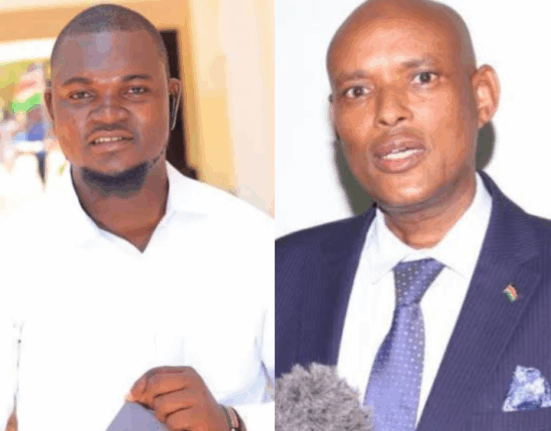
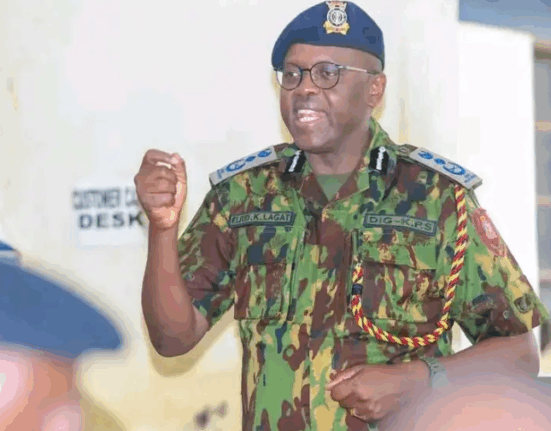
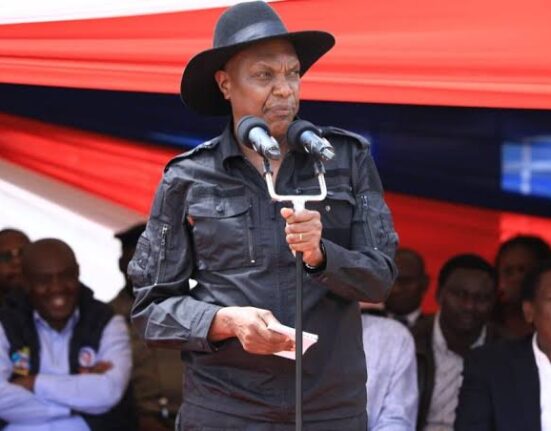
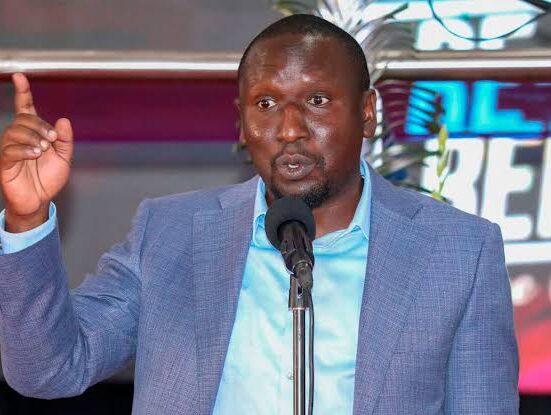
Leave feedback about this